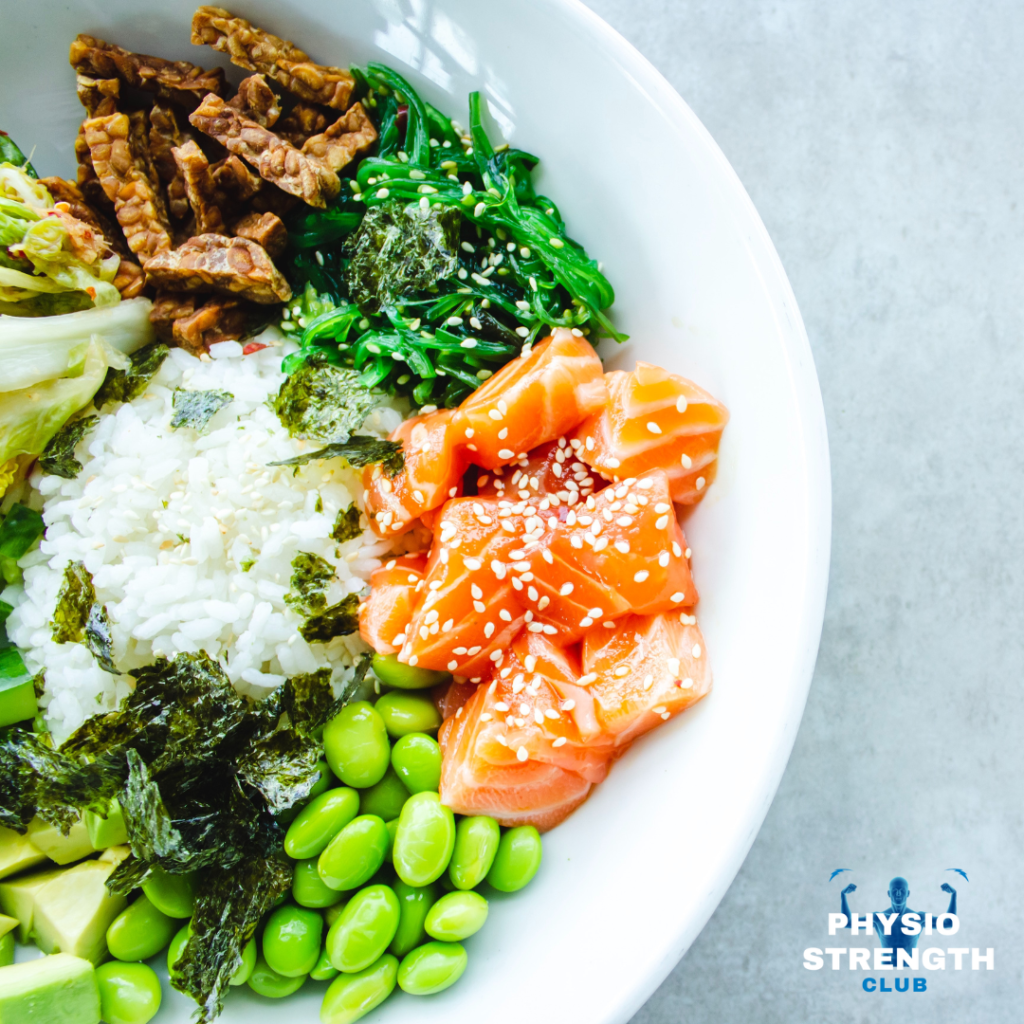In the pursuit of a longer and healthier life, many individuals are bombarded with a multitude of dietary advice and regimens. However, discerning reliable information from the noise can be a challenging endeavour. Dr. Peter Attia, a prominent figure in the field of longevity and health, shares invaluable insights into the intricate world of nutrition, the complexities of studying diets, and more. In this article, we’ll delve into some of the key takeaways from Dr. Attia’s illuminating discussion.
Unravelling Nutrition Research Complexity:
The starting point of our exploration is the intricate nature of nutrition research. Dr. Attia emphasizes the profound complexities involved in studying the impact of different diets on our health. The intricate interplay between nutrition and the human body, combined with the diversity of dietary interventions, presents researchers with a formidable challenge. To complicate matters further, most dietary studies struggle to provide a comprehensive understanding of long-term health outcomes.
Hurdles in Nutrition Research:
While conducting controlled experiments on simpler organisms in a laboratory setting is relatively straightforward, this methodology becomes almost unworkable when applied to human subjects. The podcast highlights historical exceptions such as the Minnesota Coronary Study, where researchers had complete control over the patients’ diets in a nursing home, offering unique insights into the effects of specific diets on health.
Diets and the Energy Balance Equation:
A pivotal point in this discussion is the importance of energy balance when evaluating the efficacy of diets. Irrespective of the specific dietary regimen, whether it’s keto, paleo, low-carb, Mediterranean, or vegan, the critical factor is to ensure that one does not exceed their daily calorie requirements, leading to the accumulation of excess fat. Even the “best” diet can lead to poor metabolic health if it doesn’t address energy balance.
The Role of Protein:
Protein takes centre stage in Dr. Attia’s dietary recommendations. He suggests that protein intake should align with an individual’s muscle mass and energy needs. When people need to create a caloric deficit for weight loss, slightly reducing protein intake can facilitate reaching this goal. However, for those seeking to build muscle while losing fat, a high protein intake is crucial.
Protein and Age:
Our exploration also touches upon the question of whether individuals under the age of 50 should consume less protein based on research findings. Dr. Attia highlights the lack of compelling evidence that high protein intake increases mortality in this age group. He believes that any observed increases in mortality are more likely associated with caloric excess rather than excessive protein intake. Furthermore, he underscores the importance of maintaining muscle mass, especially for individuals approaching middle age, to prevent frailty in later life.
Dietary Diversity and Longevity:
When discussing diets in various cultures, we question the assumption that specific diets are solely responsible for increased longevity. Dr. Attia points out that populations with longer lifespans often have diverse diets, making it challenging to attribute their longevity solely to nutrition. Other factors, including physical activity, sleep, stress management, and social connections, play equally crucial roles in promoting a longer and healthier life.
Longevity Beyond Diet:
Dr. Attia’s insights lead us to the conclusion that while diet is undeniably important, it should not be considered the sole panacea for achieving longevity. A multifaceted approach is necessary. Even in a scenario where groundbreaking advancements are made in disease prevention, individuals must focus on physical robustness and maintaining muscle mass in middle age to prevent frailty in later life.
Personal Insights:
Throughout the discussion, Dr. Attia offers insights into his own dietary practices. He shares his daily protein intake target, which falls in the range of 150 to 180 grams, sourced from high-quality venison jerky sticks and protein bars. His emphasis is on finding a sustainable dietary regimen, rather than obsessing over perfection, highlighting the importance of consistency for long-term success.
In the pursuit of longevity and enhanced health, the complexities of nutrition and its intricate relationship with the human body become apparent. Dr. Peter Attia’s insights underscore the challenges of dietary research, underlining the significance of energy balance, protein intake, and a holistic approach to health. While diet plays a pivotal role, it’s essential to consider various factors such as physical activity, sleep, and social connections to attain a longer and healthier life. Ultimately, the path to improved health is multifaceted, and achieving equilibrium and sustainability are the keys to lasting well-being.

